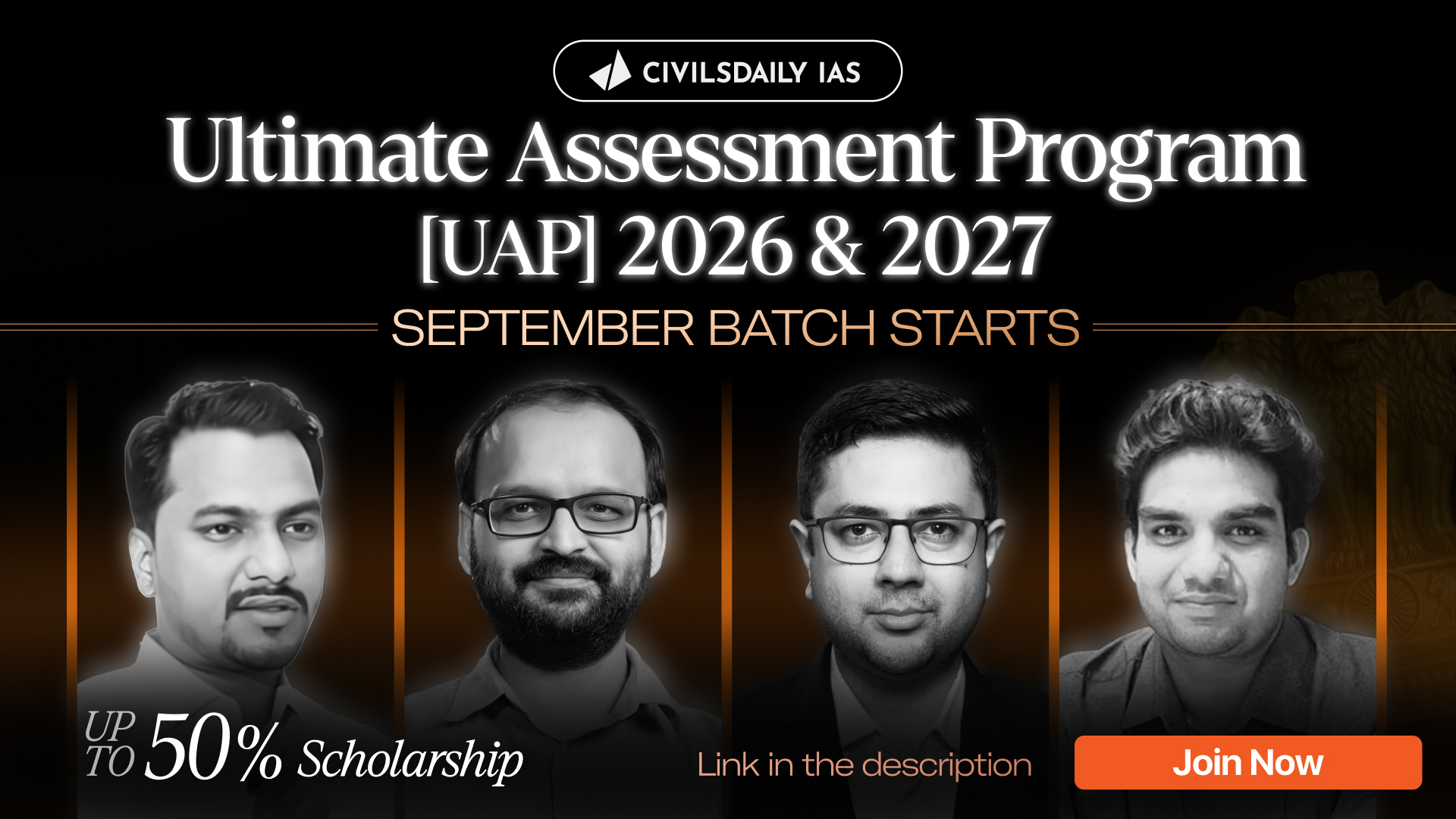Why in the News?
Despite the imposition of President’s Rule in Manipur, the situation on the ground remains volatile, with fresh instances of violence being reported.
What is President’s Rule?
- About: It is the situation where the central government takes over a state’s administration due to the failure of constitutional machinery, as per Article 356 of the Indian Constitution.
- Historical Origins:
- Article 356 draws from Section 93 of the Government of India Act, 1935, where the British Governor could take over provincial governance.
- First used in 1951 in Punjab and later in 1959 to dismiss Kerala’s elected communist government under Jawaharlal Nehru.
- Indira Gandhi’s tenure saw frequent imposition of President’s Rule, often to topple opposition-ruled states, raising concerns over political misuse.
- Constitutional Articles involved:
- Article 355 mandates the Union to protect states against external aggression and internal disturbance.
- Article 356 empowers the President to impose President’s Rule when a state’s constitutional machinery fails.
- Article 357 allows Parliament to make laws on behalf of the state during President’s Rule.
- Article 365 provides that if a state fails to follow Union directions, it can be deemed as having a breakdown of constitutional governance.
- Grounds for Imposition:
- Under Article 356, if the President is satisfied, based on the Governor’s report or otherwise, that the state cannot function according to constitutional provisions.
- Under Article 365, if a state does not comply with Union directives, it can trigger the presumption of constitutional breakdown.
- Approval and Duration:
- The proclamation must be approved by both Houses of Parliament within 2 months.
- Once approved, it remains in force for 6 months and can be extended in 6-month intervals for up to 3 years.
- Revocation of Rule:
- President’s Rule can be revoked at any time by a new proclamation by the President.
- No parliamentary approval is required for revocation.
Consequences of President’s Rule:
- Effect on State Executive:
- The CM and the Council of Ministers are dismissed immediately.
- The Governor administers the state, often with the help of civil servants or advisors appointed by the President.
- Effect on State Legislature:
- The state assembly may be dissolved or suspended.
- The Parliament assumes the power to legislate on state subjects and to pass the state’s budget.
- During recess, the President can authorize expenditure from the state’s Consolidated Fund.
- All laws passed under President’s Rule remain valid until explicitly repealed by the newly elected assembly.
- Effect on State Judiciary:
- The High Court’s powers and jurisdiction remain unaffected.
- The President cannot assume judicial functions or alter the constitutional status of the judiciary.
- Misuse and Political Abuse:
- Over the decades, Article 356 was used as a political tool by successive central governments to undermine state autonomy.
- It became a controversial provision, criticized for damaging federalism and violating democratic norms.
Judicial Safeguard against arbitrary President’s Rule: S.R. Bommai Case (1994):
|
| [UPSC 2018] If the President of India exercises his power as provided under Article 356 of the Constitution in respect of a particular State, then-
Options: (a) the Assembly of the State is automatically dissolved (b) the powers of the Legislature of that State shall be exercisable by or under the authority of the Parliament* (c) Article 19 is suspended in that State (d) the President can make laws relating to that State |
Get an IAS/IPS ranker as your 1: 1 personal mentor for UPSC 2024

